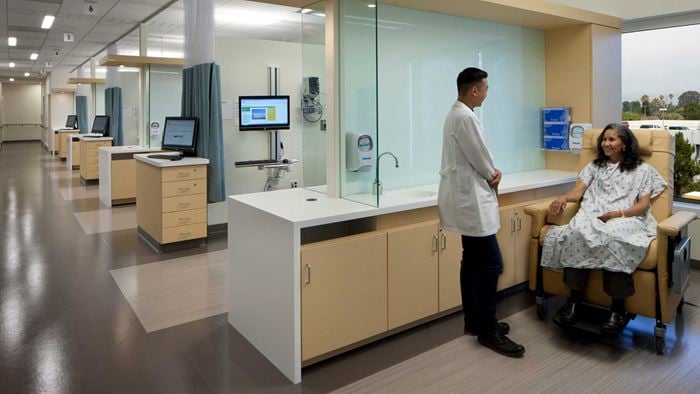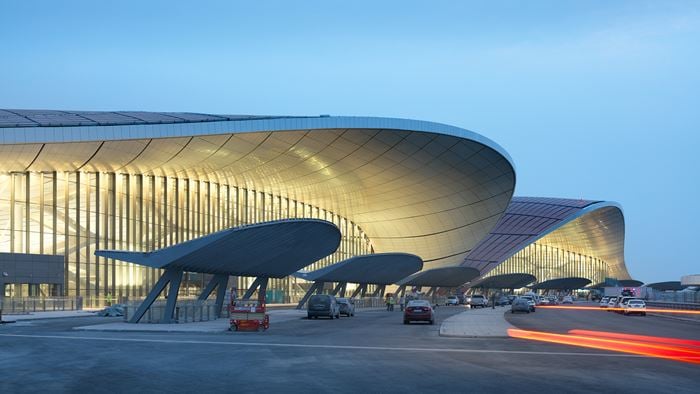The NHS East Midlands Leadership Academy (EMLA) aims to ‘improve services to patients, carers and service users through inclusive, more effective leadership’. EMLA appointed Arup to create and deliver a new leadership programme for 68 emerging leaders, including clinicians from different professions and NHS managers. With such varied backgrounds and differing levels of experience, the common thread was that all were new to their NHS leadership roles. Arup had to deliver a programme that would work for everyone, helping them progress in their careers and build confidence to transform the health service of the future.
These emerging leaders will use new technologies alongside their existing clinical and management skills to take on both organisational and individual challenges. EMLA wanted a programme that would combine empathy and resilience to produce inspiring, practical and resourceful leaders.
A bespoke approach
Arup delivered a bespoke approach that emphasised one-on-one time and allowed staff to work through real-life leadership situations alongside project work - participants generated a range of projects, including ideas that would add value, improve the quality of care, streamline services and realise efficiencies – meaning the programme has a lasting and profound impact.
Our consultant team comprising of experts in occupational psychology, leadership and organisational development, enabled attendees to create and lead change, helping them to find ways to embed and apply their learning – to a project, to their personal journey and to their careers.
“The programme would not have been the success it has been without Arup. They are a seriously credible team of leadership development experts that really understand the health and social care landscape and adopted a truly partnership approach throughout, not only with us but also with our participants. The delivered programme exceeded our expectations and helped to continue to build upon the excellent reputation of the (EMLA) programme... And the transformational change we could see in participants was phenomenal. ” Anne O' Kane EMLA
Tangible outcomes of participant projects include innovations which will generate for one team savings of over 50% on agency staff costs; with others achieving treatment efficiency, and cost effectiveness, through process improvements including treatment referral and hospital stays.
Overall the programme has equipped delegates for their leadership roles, creating a more responsive and efficient NHS for patients across the East Midlands.
An individual approach
Arup designed a programme unique to the needs of the NHS, EMLA and the individual participants; with flexibility to adapt to changing circumstances during the nine month delivery, and responsive to outputs and learnings from each session.
We helped each participant find a way to embed and apply their learning – to a project, to their personal journey and to their careers. Personal attention was a key feature of the programme, helping build confidence and resilience to deal with high pressure roles. The varied programme approach used group work, individual counselling, guest speakers, action learning, projects and sponsor support, to provide skills, experience and tools for participants to lead effectively and confidently.
The nine month format allowed time for the leaders to apply their learning between sessions, making the programme’s objectives practical and achievable. The personalised, bespoke approach meant everyone could learn at their own pace and in a way that suited them; and provided individual support as well as considering the needs of the group as a whole.
A flexible, expert team
Our expert team included occupational psychology, leadership development and organisational development practitioners, several with NHS-specific experience. A range of additional speakers and facilitators were used to expose delegates to different approaches, leadership styles and skillsets.
Group support fostered by the cohort network during the programme continues to enable delegates’ development, and provides an extended professional network.
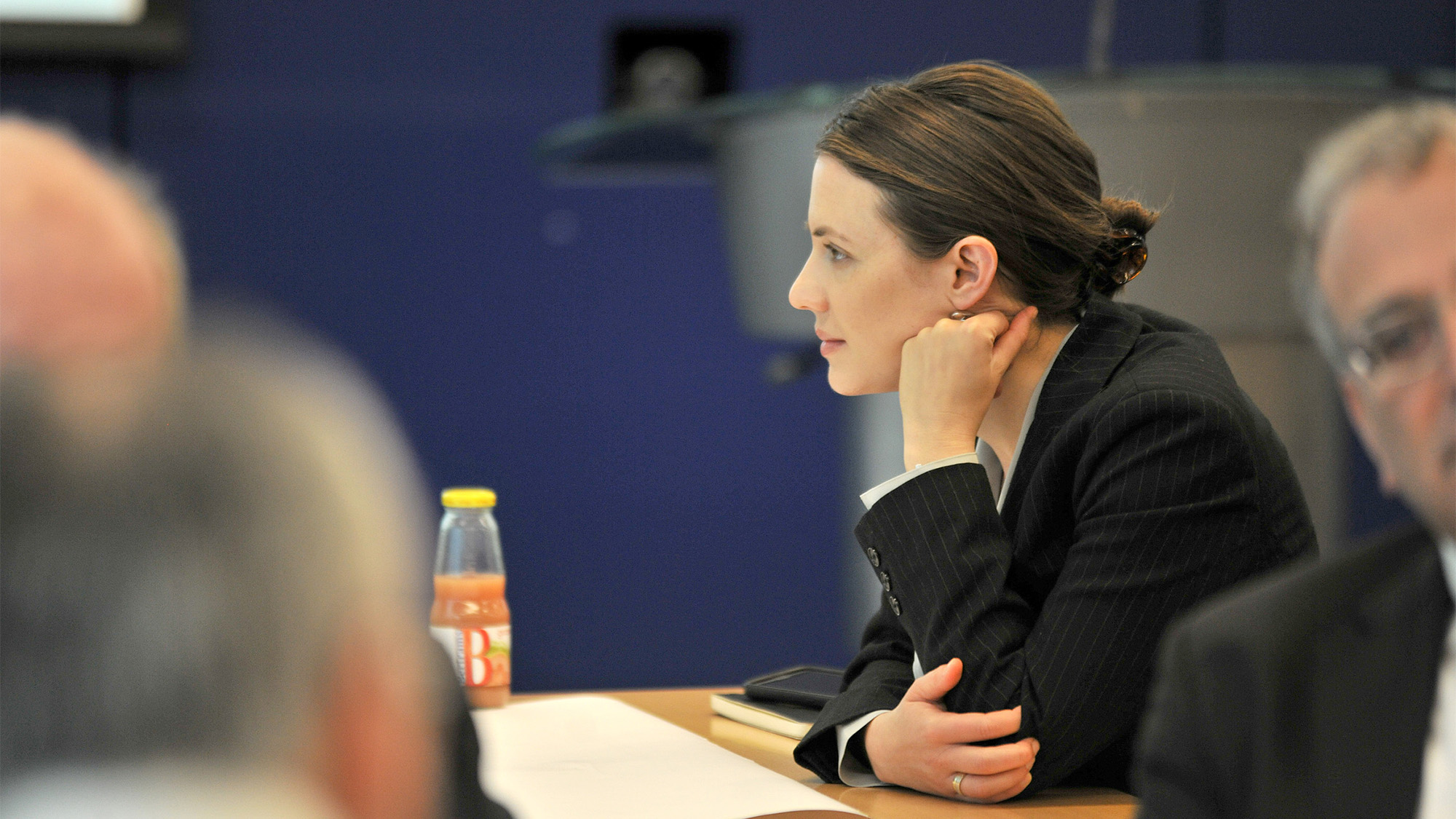 ;
;



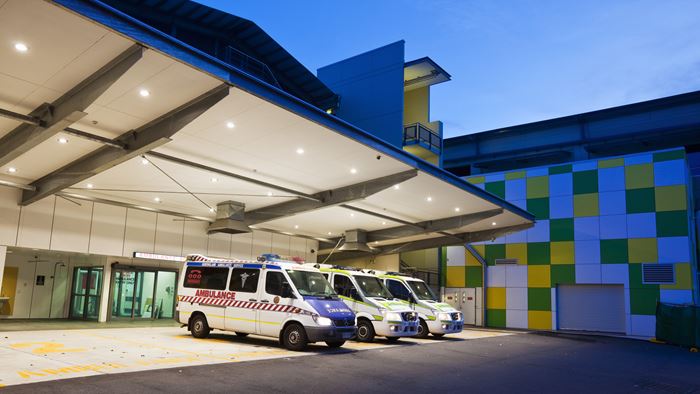
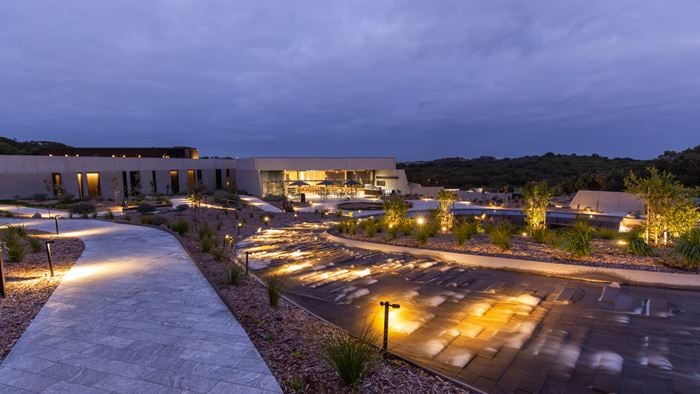
.jpg?h=394&mw=700&w=700&hash=8F22BFE7795334EEA2E014AAC8D0872B)
